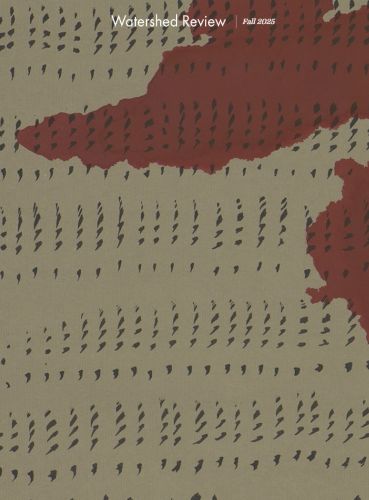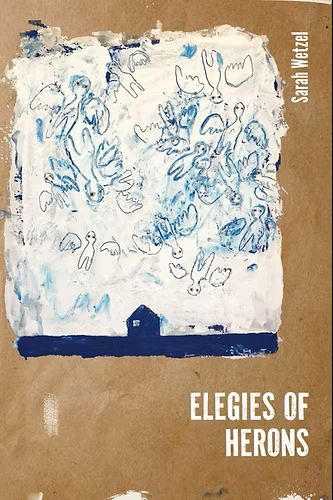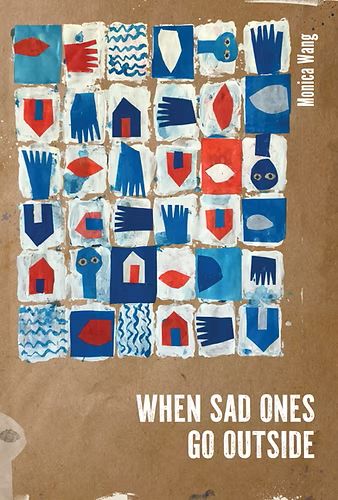Summer 2012
Quarterly 
Kirsten McIlvenna
This issue of The Summerset Review marks a ten year anniversary. Although I had not read this magazine before this issue, if this issue is any indication, I can see why they have made it this far. While small and simple, this publication has a lot to offer. The poetry that started the issue, two poems by Ha Kiet Chau, was especially inviting. The words in “Dizzy Distraction,” easily glide over the tongue in a summer haze that is perfect for the June issue:
This issue of The Summerset Review marks a ten year anniversary. Although I had not read this magazine before this issue, if this issue is any indication, I can see why they have made it this far. While small and simple, this publication has a lot to offer. The poetry that started the issue, two poems by Ha Kiet Chau, was especially inviting. The words in “Dizzy Distraction,” easily glide over the tongue in a summer haze that is perfect for the June issue:
Tingly summer skin, dizzy June bugs.
Windows rolled down, traversing gravel roads,
A u-turn, we put on straw hats and sunscreen,
Cover up silence with loud radio frequencies,
Folk music prolongs, harmonica blows
A mouthful of airy blues.
She doesn’t hear me when I tell her,
My heart, she’s distracted.
In “Bricks,” P. Ivan Young builds tension as the narrator admires this seemingly knowledgeable other character as, together, they build a wall:
I hand him bricks like offerings over the wall
we build, he uses his thumb to smooth the lines
of cement. Later, he takes me to a pool hall.
flirts with the waitress, poised to break,
cradles the cue in the round of his fingers,
and pistons it forward. The crack is deafening
and I think of the sound brick makes when hit
with a hammer . . .
The fiction, too, is well crafted. In “No Cat, No Father” by Alana Ruprecht, the narrator copes with the absence of a father in her life as she lets a stray cat into her home that she claims is her father. It is humorous throughout as the cat tries to win over her affection and sprays his territory throughout the house. “The Bread Knife” by Nancy Bourne traces one woman’s desire to live vicariously through another woman’s, but this other woman does not appreciate it as the narrator tries to nurture and control her life.
[www.summersetreview.org]




